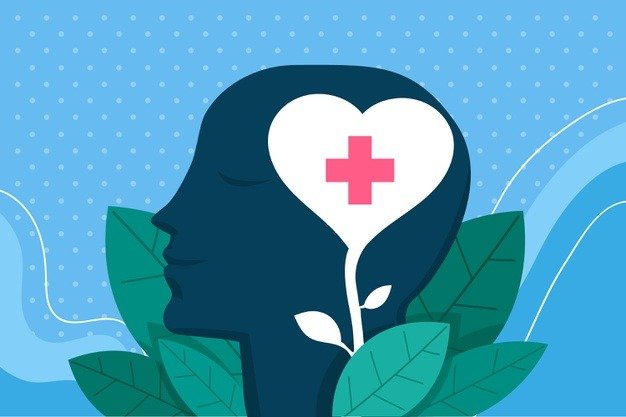For decades, taking time off for mental health was quietly dismissed. People were expected to show up, keep going, and mask their pain; even when it was affecting their ability to function. That outdated view has left many to suffer in silence.
Thankfully, the conversation is changing. Mental health is being taken seriously in workplaces, schools, and society at large. But when it comes to sick leave, many still face barriers – especially those needing time off due to anxiety, depression, or stress-related conditions.
One of the biggest gaps? Access to appropriate documentation. Digital sick notes, when used responsibly, can help close this gap; and the data supports this approach.
Mental health days are just as valid
According to the World Health Organization, over 280 million people live with depression, while 301 million are affected by anxiety disorders globally. These conditions disrupt daily life, including one’s ability to work, study, or care for others.
In the UK, the Mental Health Foundation reports that 74% of adults felt so stressed at some point in the last year that they were overwhelmed or unable to cope. That number includes people from all walks of life; yet many still hesitate to take time off when they’re mentally unwell.
The stigma around mental health leave continues to linger, often leaving employees in a difficult position: either struggle through the day or call in sick without formal documentation.
The barriers of traditional sick notes
Getting a sick note for mental health is not always easy. Access to in-person care can be limited, especially in underserved areas. For those struggling with anxiety, depression, or fatigue, even the task of scheduling an appointment, attending in person, and explaining their symptoms can feel like too much.
Delays in accessing GPs are another factor. As of early 2024, NHS data shows that only 43.9% of GP appointments were delivered on the same day they were booked, making it difficult for someone in immediate need to get timely support or documentation.
Digital sick notes make support more accessible
Digital healthcare platforms allow individuals to consult licensed doctors online. These services often include video consultations and secure messaging, followed by a note that can be used for work or academic purposes.
Rather than navigating crowded waiting rooms and long waitlists, someone experiencing anxiety can connect with a professional from the privacy of their own home. For many, this can be the difference between getting help or avoiding it altogether.
That’s where tools like doctors note for work from MyTrustMedical come in. After a virtual consultation, users receive a valid digital sick note from a licensed provider—fast, private, and without unnecessary stress. For those with no regular GP, or limited access to services, this approach can be life-changing.
Employers see the benefits too
There’s a common concern that offering online sick notes could lead to abuse, but the evidence suggests the opposite. A 2022 Deloitte UK report found that poor mental health costs UK employers up to £56 billion per year. Yet, organisations that take preventative steps, including supporting mental health leave, see up to a £5 return for every £1 invested.
Additionally, the Mental Health at Work 2021 report found that only 49% of employees feel comfortable talking to their manager about mental health. Introducing more flexible and supportive policies – like accepting digital documentation – can make it easier for employees to speak up and seek help early.
Digital healthcare is here to stay
Telehealth surged during the Covid pandemic, but it’s not going away. According to the Care Quality Commission, digital-first care models saw a 400% increase during the pandemic; and patients continue to embrace this convenience.
Services that provide digital sick notes are a natural part of this evolution. They offer quicker access to care, reduce pressure on GPs, and give people more control over their own health decisions.
For individuals managing anxiety, panic attacks, or burnout, this form of care is not just a preference; it may be the only manageable route.
Reducing stigma through policy
Employers, universities, and institutions can play a big role in reducing stigma by:
- Accepting digital sick notes as valid medical documentation
- Recognising mental health as a legitimate reason for time off
- Encouraging a culture where rest and recovery are respected
- Training managers to respond with empathy and discretion
By doing so, organisations signal that mental health is not secondary to physical health—it is equally important.
Final thoughts
Anxiety and depression are among the most common reasons people struggle at work, yet they are among the most underreported when it comes to sick leave. Digital sick notes offer a simple, effective way to bridge that gap.
The data is clear: millions are affected, delays in care are common, and the stigma is still real. But with the right tools, and the right mindset, we can build systems that meet people where they are.
Supporting mental health means making it easy to ask for help, to rest, and to return when ready. Let’s not let paperwork stand in the way of progress.
Jason M. Buchwald, MD, FACEP, is a board-certified emergency-medicine physician with over 20 years of frontline experience. He served as Associate Medical Director at one of Broward County’s busiest emergency departments for 15 years.

